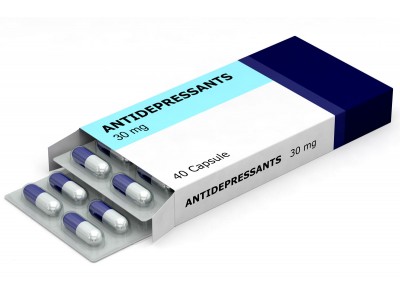Tofranil, also known by its generic name imipramine, is an older antidepressant medication that belongs to the class of tricyclic antidepressants (TCAs). It has been used for decades to treat depression and other mood disorders.
Like all medications, whether Tofranil is considered a "good" antidepressant depends on various factors, including individual response, side effects, and overall effectiveness. TCAs like Tofranil work by affecting the levels of neurotransmitters in the brain, particularly serotonin and norepinephrine, which are involved in regulating mood.
Tofranil can be effective for some people in reducing symptoms of depression. It may be prescribed when newer antidepressants (such as SSRIs or SNRIs) have not been effective or tolerated well. However, TCAs like Tofranil tend to have more side effects compared to newer antidepressants. These can include dry mouth, constipation, blurred vision, dizziness, weight gain, and changes in heart rate.
Due to its side effect profile, Tofranil is generally not considered a first-line treatment for depression today. Instead, SSRIs (selective serotonin reuptake inhibitors) and SNRIs (serotonin-norepinephrine reuptake inhibitors) are often preferred due to their generally better tolerability and safety profile. These newer antidepressants have fewer anticholinergic effects (such as dry mouth and constipation) and are less likely to cause cardiac side effects.
Ultimately, the choice of antidepressant should be based on individual factors such as the severity of symptoms, past treatment response, medical history, and potential side effects. It's important to work closely with a healthcare provider to determine the most appropriate treatment for depression or any other mood disorder.

